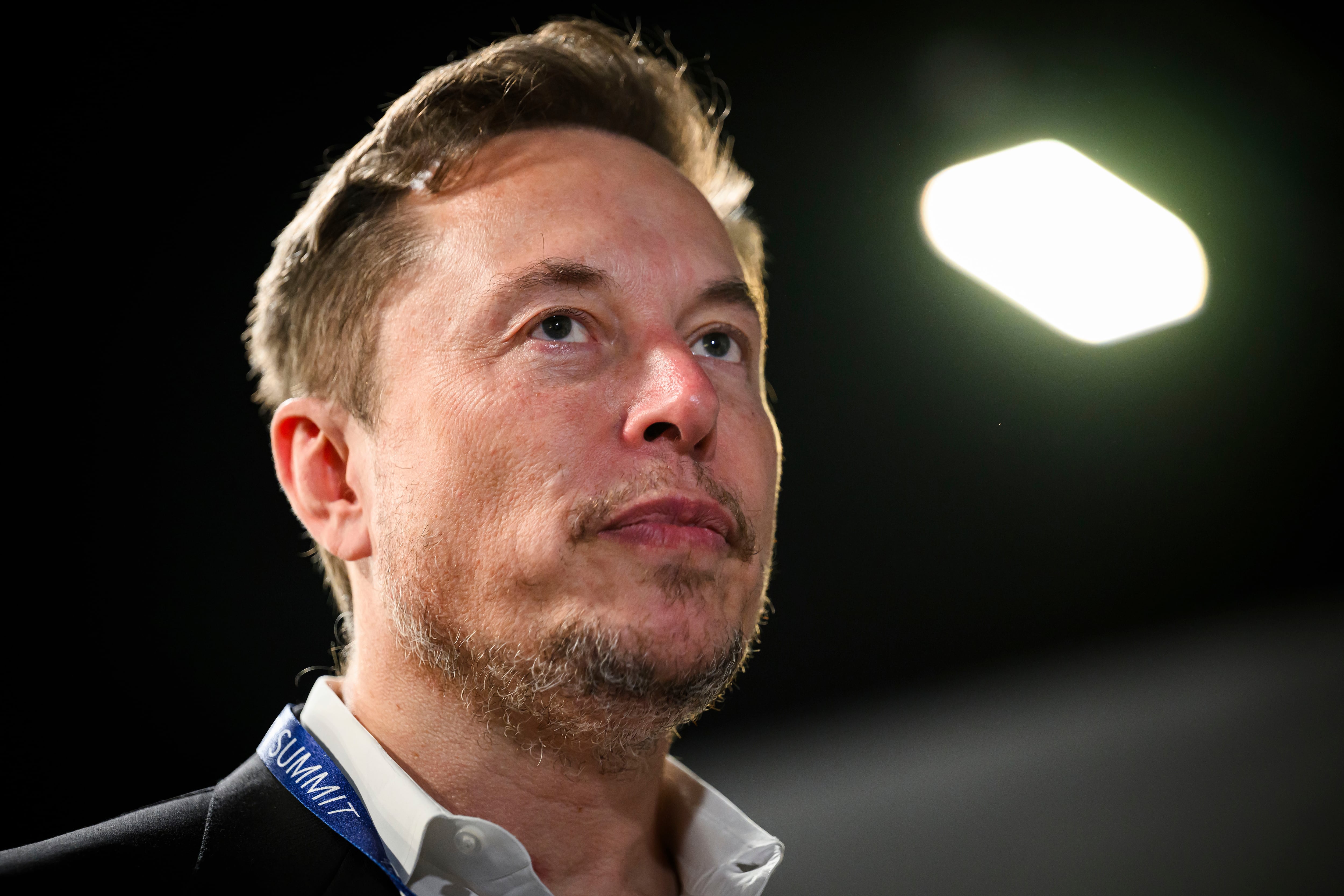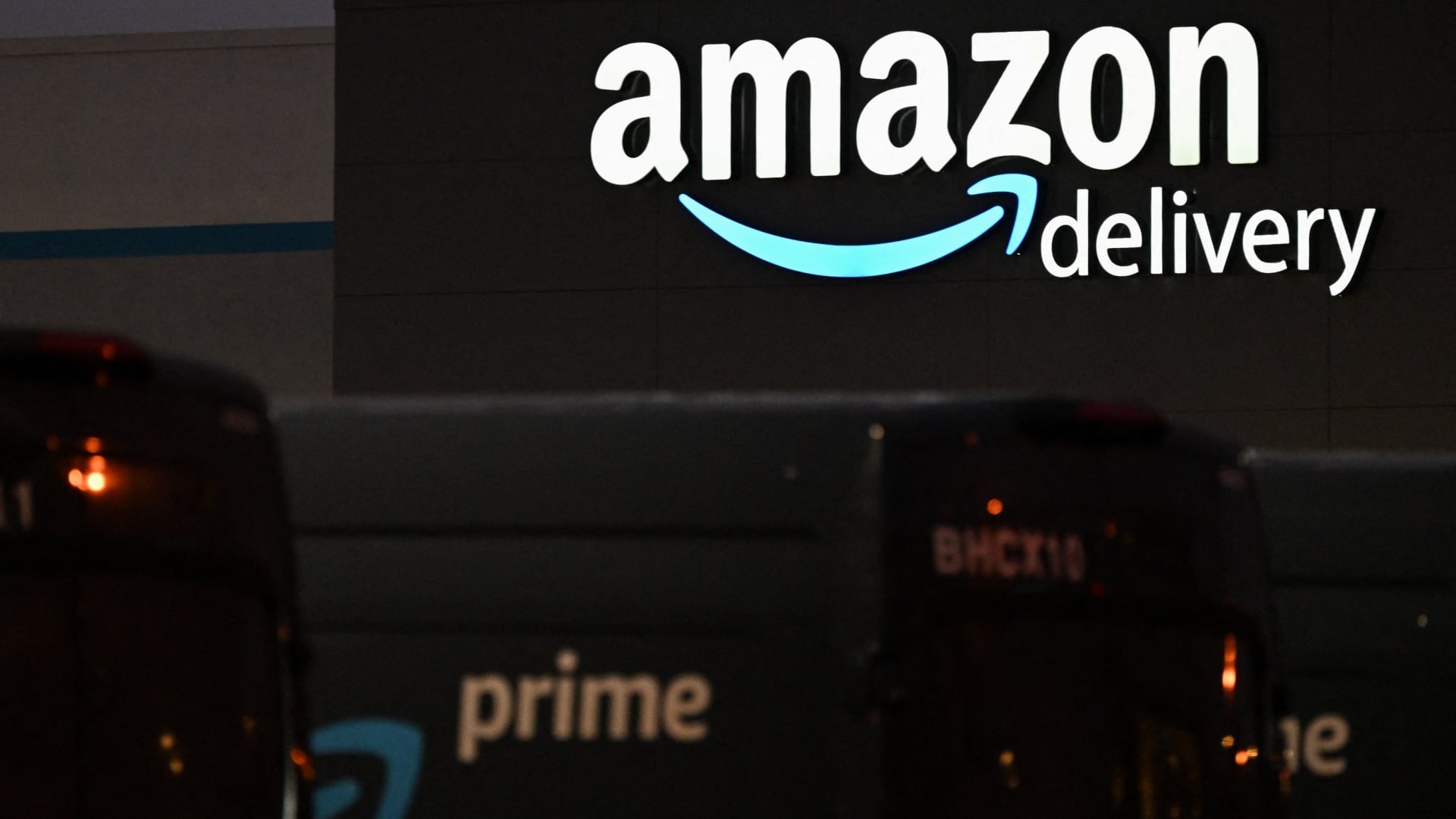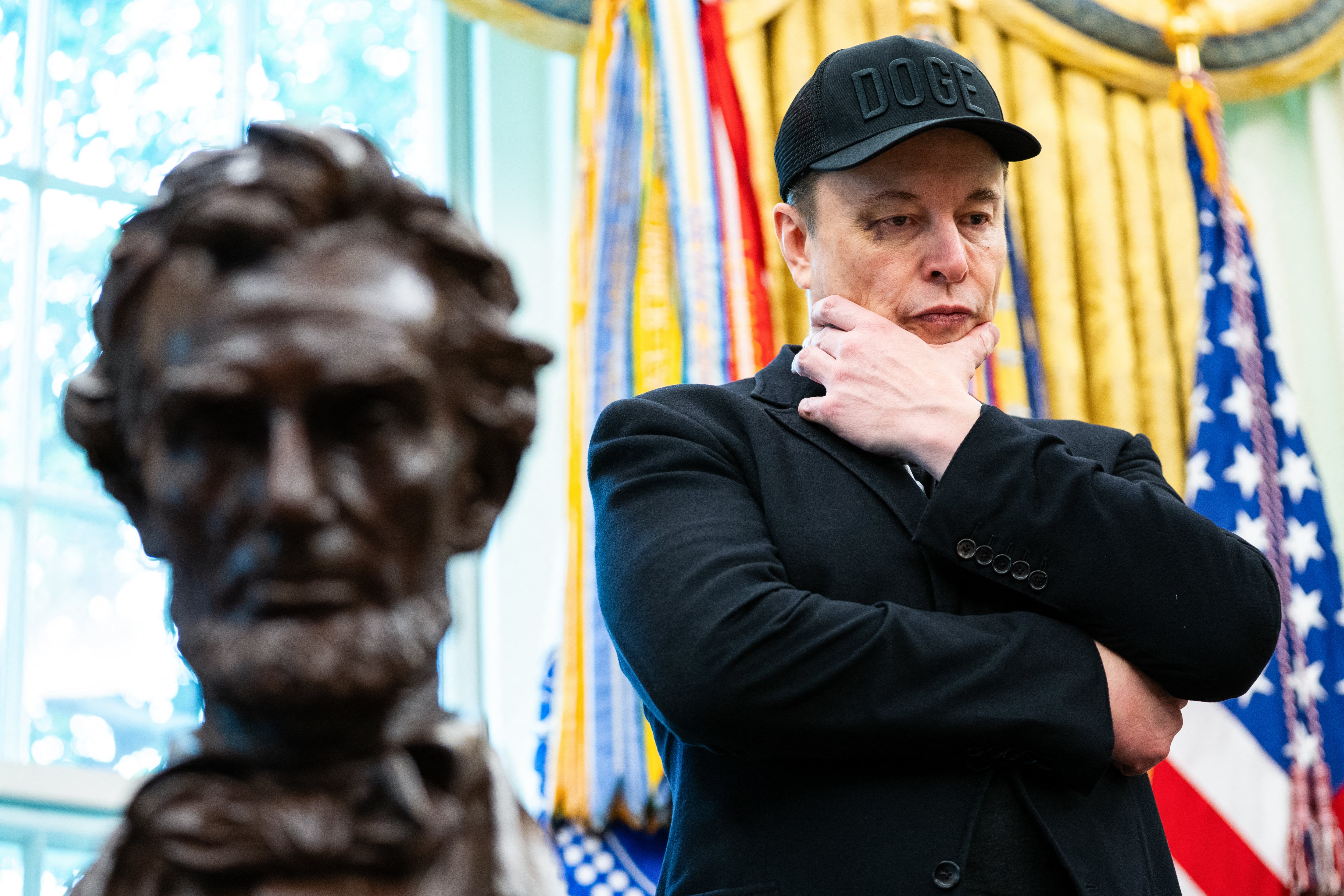Walmart responded on Thursday to a lawsuit alleging the company reported misleading results for its online sales in a bid to catch up with Amazon. In a statement to Cheddar, the retail giant said: >“This litigation is based on allegations by a disgruntled former associate, who was let go as part of an overall restructuring. We take allegations like this seriously and looked into them when they were brought to our attention. The investigation found nothing to suggest that the company acted improperly. We intend to vigorously defend the company against these claims.” The statement came after Tri Huyn, a former director of business development at Walmart, said the company pursued an “overly aggressive push to show meteoric growth in its e-commerce business by any means possible -- even, illegitimate ones.” That allegedly included paying third-party vendors lower commissions and failing to process customer returns. Huyn claims he was fired in January 2017 after voicing his concerns. Walmart, under the leadership of CEO Doug McMillon since 2014, has made a concerted effort to grow its e-commerce business. It acquired Jet.com for $3.3 billion in 2016 and added on niche fashion labels and introduced free two-day delivery. Throughout last year, it seemed like those moves gave Walmart.com the heft and momentum it needed, with the company reporting high double-digit growth for its online unit. But that slowed markedly during the holiday season, coming in at 23 percent in Q4 compared to 50 percent the previous quarter. Hours before news of the lawsuit broke, Cheddar spoke with Carter Cast, the former CEO of Walmart.com, who said he’s bullish on Walmart’s ability to beat out Amazon in the “omni-channel retail” space. “The customer wants to buy when they want, how they want, through whatever channel they want.” Cast said the world’s largest retailer should leverage its brick-and-mortar stores, instead of just chasing Amazon, and offer a richer shopping experience where customers can reserve inventory, for example. “Walmart will do well because of those physical stores,” he said. “They have an advantage in having their locations there. What they will do, I believe, is make their asset more productive by using the internet.” Cast offered no comment when called for a response to the suit.












